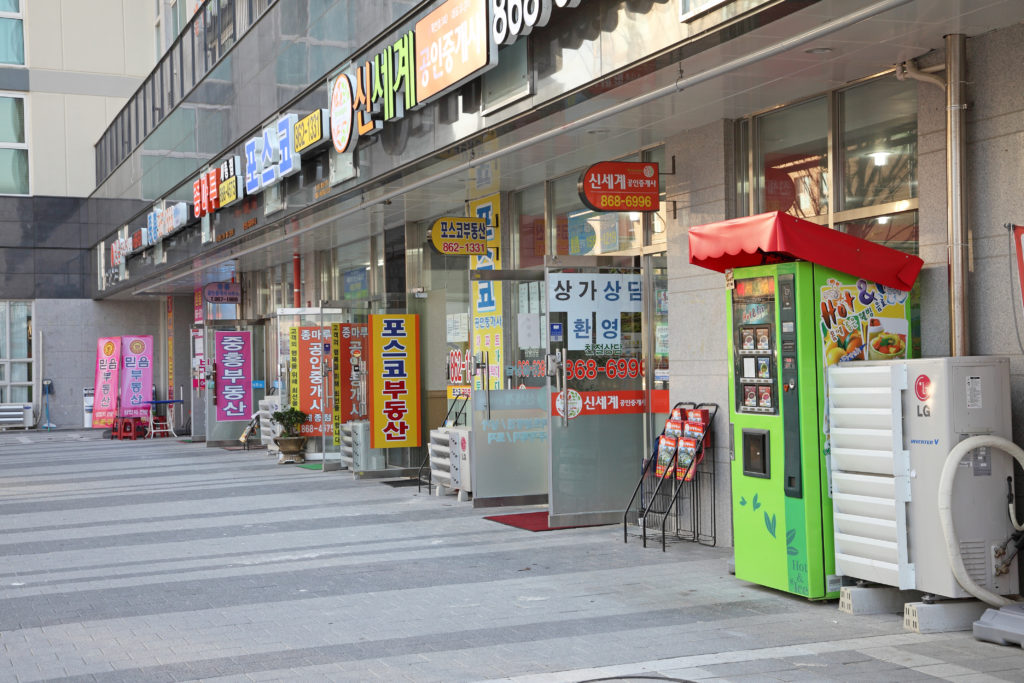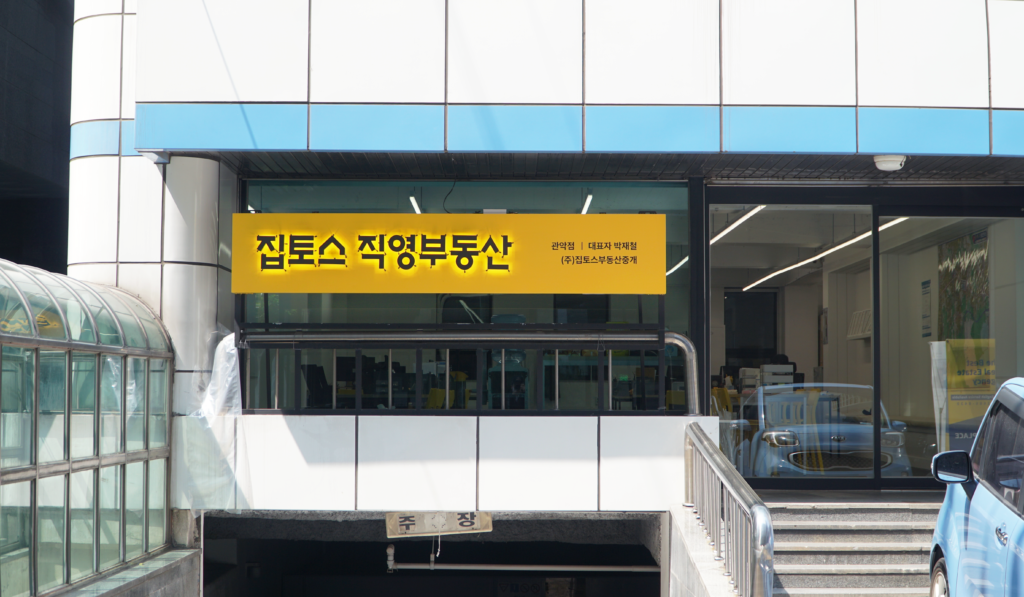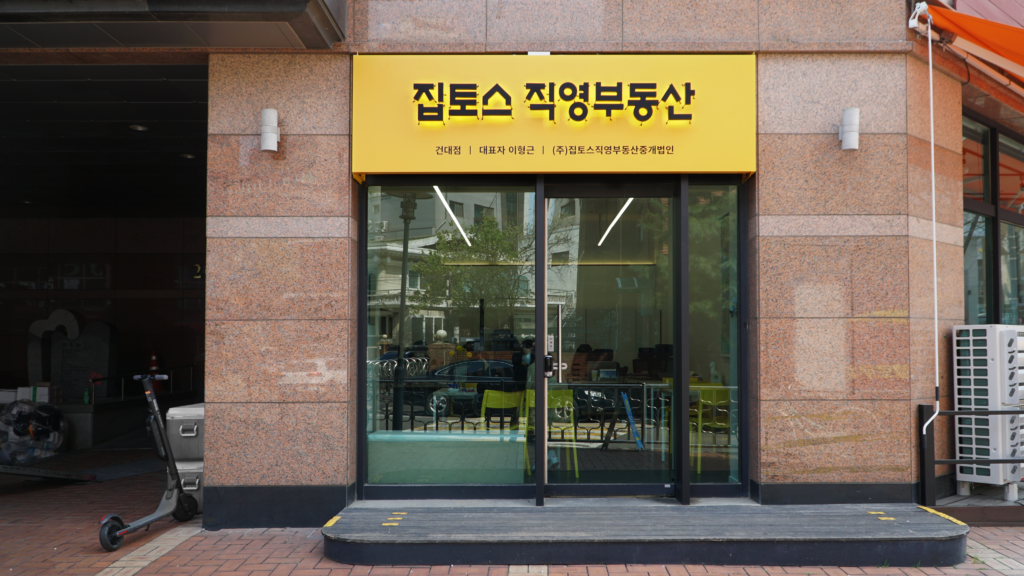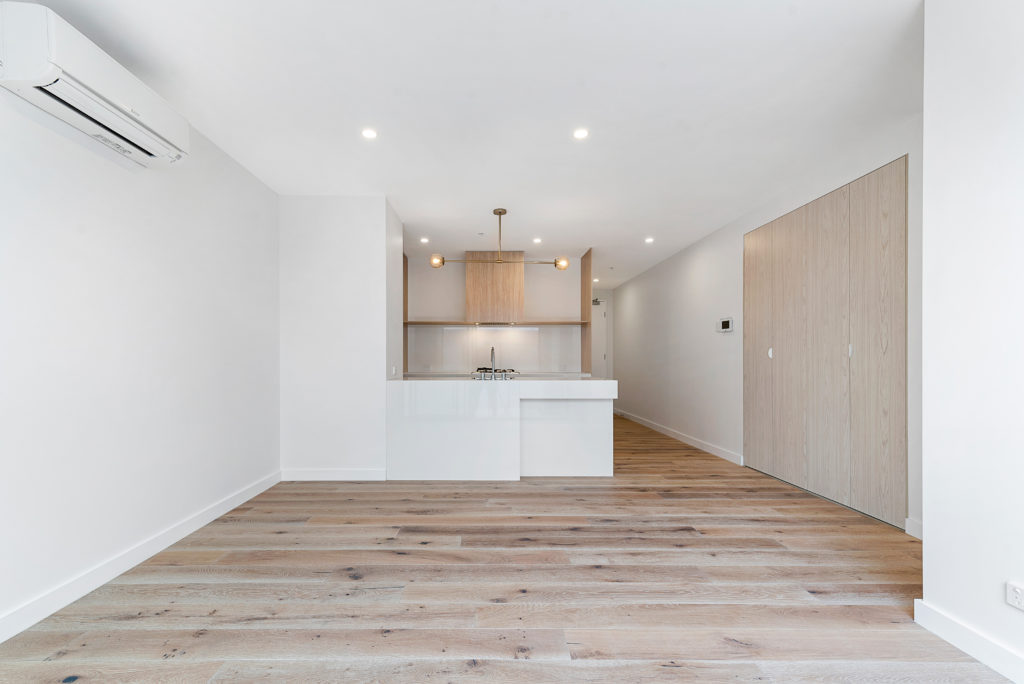If you are a foreign student who wants to rent a house in Korea, you may feel overwhelmed by the different types of housing, contracts, and legal issues involved. However, with some research and preparation, you can find a suitable place to live and enjoy your stay in Korea. Here are some steps and tips to help you with your housing search.
1. Collect information
Before you start looking for a house, you should have some basic information about your preferences, budget, and needs. For example:
- How long do you plan to stay in Korea?
- Which area do you want to live in? Do you prefer a central location or a quiet neighborhood?
- What kind of transportation do you need? How far is it from your school or workplace?
- What size and type of house do you want? Do you need a private room or can you share with others?
- How much can you afford to pay for rent and utilities?
You can use various online platforms and websites to browse different housing options and compare prices, locations, and facilities. Some popular sites are:
- Rentberry: A platform that offers furnished apartments and rooms for students and young professionals.
- Seoulinspired: A blog that provides useful information and tips on student housing in Seoul.
- Ziptoss: A realtor service based in Seoul, offering realty services in English.
You can also ask your school or workplace if they have any recommendations or partnerships with housing agencies or landlords.
2. Understanding the rental market in Korea
Before starting the search for rental accommodation, it is essential to understand the rental market in Korea. In Korea, the rental market is divided into two categories: jeonse and wolse. Jeonse is a lump sum deposit system, where the tenant pays a deposit equal to a few hundred percent of the monthly rent, which is returned to the tenant at the end of the lease period. Wolse is a monthly rental system, where the tenant pays a monthly rent that includes a security deposit and maintenance fees. Foreign students usually opt for the wolse system as it is more affordable and flexible.
3. Find a reliable real estate agent

Finding a reliable real estate agent is crucial for foreign students looking to rent a house in Korea. Real estate agents can help foreign students find suitable accommodation and provide guidance on the rental procedures. It is advisable to choose a real estate agent who has experience dealing with foreign students and can speak English.
When it comes to finding a reliable real estate agent in Korea, Ziptoss Realty is an excellent choice for foreign students. Ziptoss Realty is a professional real estate agency that specializes in helping foreign students find suitable accommodation in Korea. We have a team of experienced agents who can speak English and are familiar with the rental procedures and regulations.


In addition to their excellent services, Ziptoss Realty also provides a user-friendly website that offers real-time updates on available properties, making it easy for foreign students to find suitable accommodation in Korea. The website is easy to navigate and provides comprehensive information on each property, including photos and floor plans.
Moreover, Ziptoss Realty has partnered with Rentberry, a leading online rental marketplace, to offer their rental properties to a wider audience. Through this partnership, foreign students can view Ziptoss Realty’s properties on the Rentberry website in English. This makes it convenient for students who prefer to search for properties in English or are not fluent in Korean.
With their reliable services, experienced agents, and convenient website, Ziptoss Realty is a great option for foreign students looking to rent a house in Korea. Their partnership with Rentberry also adds an extra level of convenience for students looking to search for properties in English.
One of the advantages of working with Ziptoss Realty is that they provide excellent customer service. They are responsive to students’ inquiries and provide timely updates on the status of their rental applications. They also offer assistance with contract negotiations and can help students understand the terms and conditions of their rental agreements.
4. Viewing the property

Once a suitable property has been identified, foreign students should schedule a viewing of the property. During the viewing, students should check the condition of the property, the amenities available, and the location. Students should also inquire about any additional costs, such as utility bills and maintenance fees.
5. Preparation of contracts and payment of down payment

After selecting a property, foreign students will be required to sign a contract and pay a down payment. The contract should clearly state the rental period, rental amount, deposit amount, maintenance fees, and other relevant terms and conditions. The down payment is usually equivalent to one or two months’ rent and is non-refundable if the tenant decides to cancel the contract.
6. Notification of change of place of stay
Foreign students in Korea are required by law to notify the immigration office of any change in their place of stay within 14 days of moving. Failure to comply with this requirement can result in fines or even deportation. Students should inform their real estate agent of any change of address to ensure that the necessary notifications are made.
7. Receipt of confirmation date
Once the contract has been signed and the down payment has been made, the tenant will receive a confirmation date. This date marks the start of the rental period and is an important document that should be kept safe. Foreign students should also make sure that they have received a copy of the contract and a receipt for the down payment.
8. Precautions to take when renting a house in Korea

Foreign students should take certain precautions when renting a house in Korea to avoid any problems in the future. Some of these precautions include:
- Checking the condition of the property before moving in and taking photographs to document any damages.
- Checking the amenities and making sure that they are in working condition.
- Inquiring about the landlord’s contact details in case of emergencies or repairs.
- Keeping the property clean and in good condition to avoid penalties.
- Paying rent and utility bills on time to avoid penalties.
In conclusion, renting a house in Korea can be a challenging task for foreign students. However, with proper preparation and guidance from a reliable real estate agent, students can find suitable accommodation and complete the rental procedures without any problems. It is essential to understand the rental market in Korea, find a reliable real estate agent, view the property, prepare the contracts and down payment, notify the immigration office of any change of address, receive the confirmation date, and take precautions to avoid problems in the future. By following these procedures and precautions, foreign students can enjoy a comfortable and stress-free living experience in Korea.
Additionally, it is advisable for foreign students to learn some basic Korean phrases, as this can help them communicate with their landlords and real estate agents more effectively. Knowing some Korean phrases can also help students navigate their way around the city and communicate with locals.
In summary, renting a house in Korea can be a complex and challenging process for foreign students. However, with proper preparation, guidance, and precautions, students can find suitable accommodation and have a comfortable living experience in Korea. It is important to do thorough research, find a reliable real estate agent like Ziptoss, and understand the rental market and procedures before signing any contracts. By following these guidelines, foreign students can have a stress-free living experience in Korea and focus on their studies and cultural experiences.
